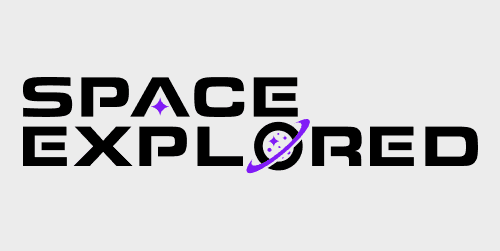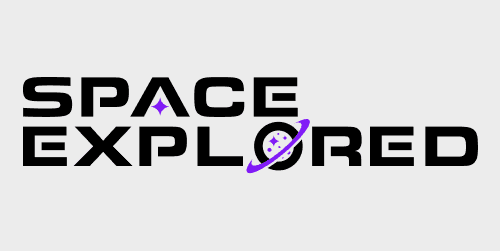
With reusing rockets becoming the new trend in spaceflight, it’s no surprise that the European Space Agency (ESA) is developing the capability for themselves. The development is spurred on by the same reason as everyone else: cost savings. The ability to reuse a booster turns into savings for the manufacturer and lowers cost to orbit for the customer.
In the first step towards reusability, ESA and ArianeGroup have signed a contract worth 33 million euros. This first step covers the building of test stands, hardware technology testing, and static firings. It also covers ground equipment for early hop tests in Kiruna, Sweden, at the Esrange Space center.
This first stage of development is expected to run until 2023 when tests will expand to suborbital flights launched from the Guiana Space Center in Kourou, French Guiana. There, two landing zones are under consideration: one is the Ariane 5 launch complex or the “Diamant Zone”, which is used specifically for experimental tests. Should the Ariane 5 complex be chosen, it would only be used after the Ariane 5 is retired and the transition to Ariane 6 is complete.
This new path for ESA and ArianeGroup brings some new names that will become familiar in the near future. The name of the booster stage that will be coming back to land is Themis. The current design has it standing at 30m tall and 3.5m in diameter. Other details are a little difficult to come by since the launch vehicle still only exists on paper. Some reports have stated that this is the name of just the test vehicle and not the final product. Time will tell on this one.
The other name that will be familiar soon is Prometheus. This is the name of the next generation engine currently in development alongside Themis. ESA says it can use either oxygen/hydrogen or oxygen/methane fuel combinations in liquid form. Themis will hold three engines along with 130 tonnes of liquid fuel. Prometheus can vary its thrust and reignite which makes it suitable for any stage of the launch vehicle.

Expect to hear more about Themis and Prometheus over the next year as testing ramps up.
Enjoy reading Space Explored?
Help others find us by following on Apple News and Google News. Be sure to check us out on YouTube, Twitter, Facebook, and Instagram, join our Discord!
FTC: We use income earning auto affiliate links. More.



Comments